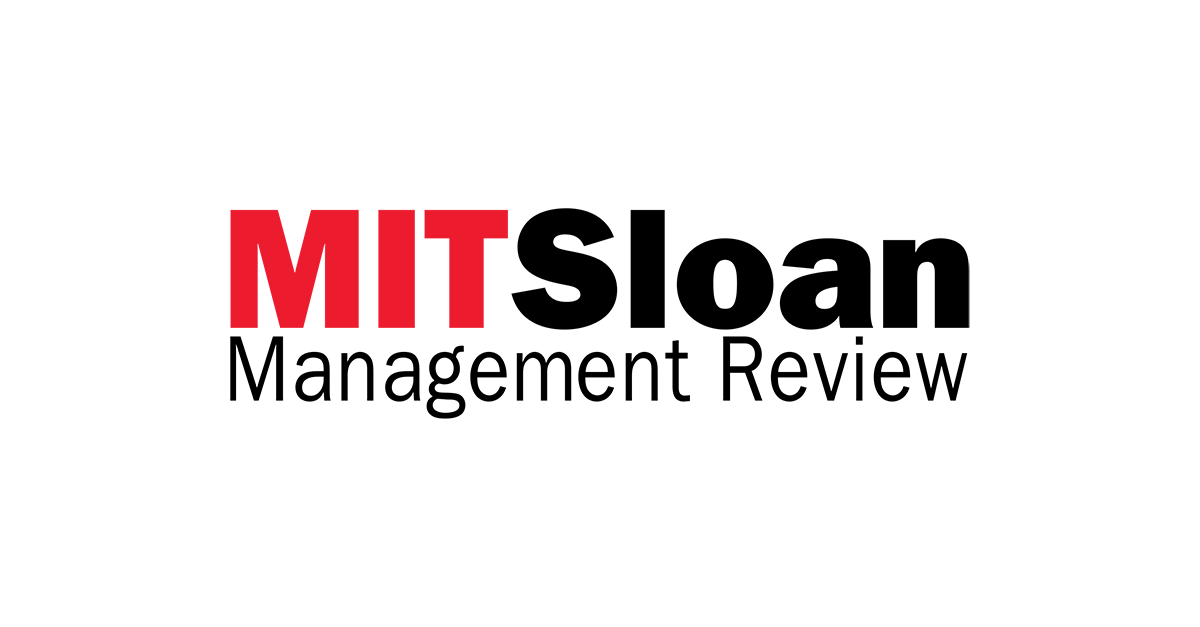Legacy Companies Don't Need to Sacrifice Their Values, Best Practices to Achieve Digital Transformation: MIT Sloan Management
Companies can successfully achieve digital transformation without sacrificing their core values or exposing themselves to the less desirable elements of Silicon Valley startups, according to a new report in MIT Sloan Management Review.
In "Building Digital-Ready Culture in Traditional Organizations", MIT Sloan School of Management's George Westerman and Deborah L. Soule assert that traditional businesses and legacy companies are at a pivotal moment—one that demands agility, innovation, and most important, a large culture shift. The authors provide a framework that helps corporate leaders navigate that shift and embrace the most useful aspects of digital culture in a way that won't alienate their best employees or wreck best practices.
"Developing a digital-ready culture does not mean doing away with all that is good in a traditional company's culture. Instead, it's a matter of communicating the desired values and then introducing some new practices while fine-tuning others," the authors write.
The authors draw on a survey of executives and senior employees in more than 500 digital and in-transition companies, dozens of interviews, an extensive review of management literature, and numerous company cases to identify the four key values of digital culture: impact, speed, openness, and autonomy. They write that organizations hoping to achieve digital transformation must adopt or refine a set of digital-ready practices grounded in these values, which will shape employee actions and organizational performance.
The authors emphasize that some traditional values — for instance, integrity and stability — are to be prized. They hold up Silicon Valley giants Amazon and Google as cases in point. Having experienced fallout from their high-pressure, inflexible work environments in their early days, these born-digital companies are now striving to build more balanced and inclusive cultures.
"Striving for integrity and stability in a company's culture does not hurt self-reported measures of innovation, profitability, and customer satisfaction," they write. "That's good news for traditional companies, maturing digital companies, and millennial workers who now care as much about growing families and communities as they do about growing businesses."
Instead of ditching all past practices, traditional companies should try to create a digital culture that also retains the best of their legacy. The authors highlight three principles for making this happen:
Build the practices that set digital companies apart. Traditional businesses must try to cultivate habits of rapid experimentation and self-organization within a framework of data-driven decision-making, even though these practices may feel alien to companies whose structures, values, and governance rules were designed for cautious stability.
Preserve practices that promote integrity and stability. Companies managing for integrity and stability report performance that is neither better nor worse than that of companies that do not. Yet the negative outcomes of omitting these practices have become apparent in many digital-native companies.
Reorient important practices that are still optimized for the pre-digital world. The speed and interconnectedness of the digital world demands a new orientation to customers, results, and rules. Wherever possible, strict rules and controls must give way to broader guidelines and transparent monitoring.
(For more information visit: http://sloanreview.mit.edu).


